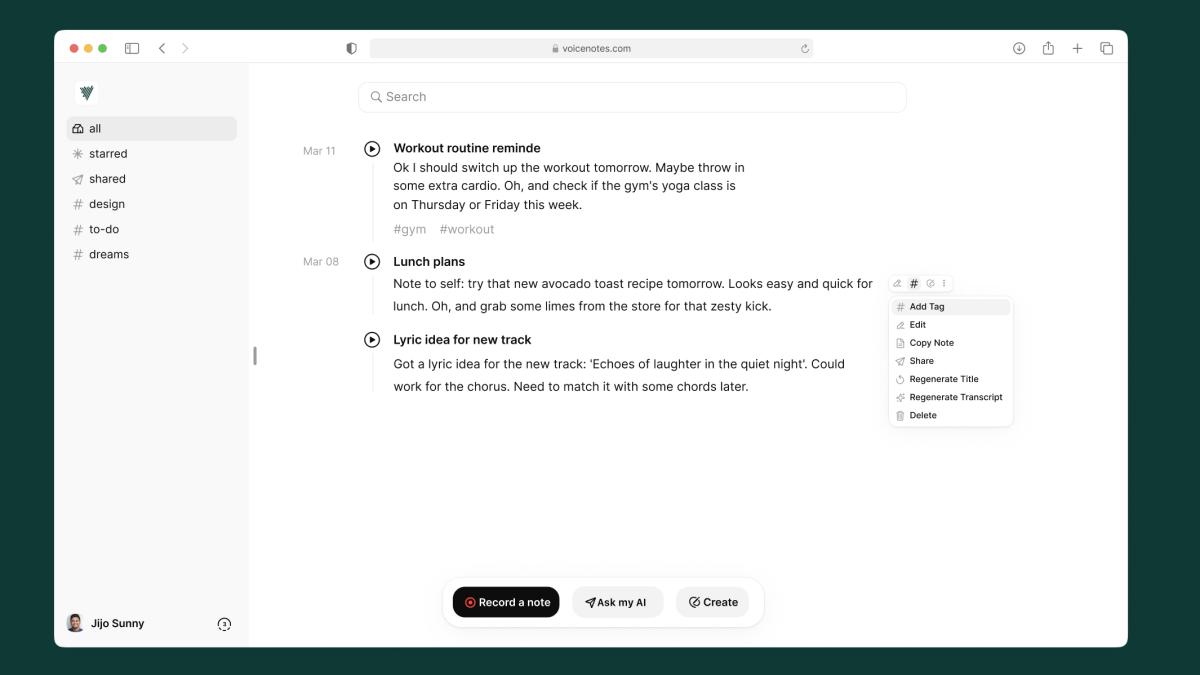(Bloomberg) — After years of working to assure the U.S. government that its popular social media app does not pose a threat to national security, TikTok’s defeat in that fight now seems almost inevitable.
Most read on Bloomberg
The U.S. House of Representatives on Saturday passed a bill requiring TikTok’s Chinese parent company, ByteDance Ltd., to divest its stake in the app, so it could quickly become law, tying it to a crucial aid program for Ukraine and Israel. The Senate is expected to vote on the bill in the coming days. President Joe Biden said he would sign the bill as soon as possible.
This action would be an unprecedented move by Congress to use legislation to threaten to ban a major consumer technology platform. If the law is signed into law, ByteDance intends to fight the effort in court and exhaust all legal challenges before considering any type of divestiture, people familiar with the matter said.
“This is an unprecedented agreement reached between the Republican President and President Biden,” Michael Beckerman, TikTok’s head of public policy for the Americas, said in a memo to TikTok’s U.S. staff. “At the point when the bill is signed, we will go to court for a legal challenge.”
In the meantime, TikTok has once again turned to its most powerful contingent – its tens of millions of users – to put pressure on lawmakers. Users who search for “TikTok bill” on the app see a banner appear on the screen encouraging them to “Stop banning TikTok.” Those who click are taken to a page where they can enter their zip code to search for and call their senators.
Instead of airing on traditional news media channels popular with D.C. in the days leading up to the House vote, the company gave a TikTokker an interview with Beckerman, a key part of its advocacy efforts. lobbying. In his discussion with Lisa Remillard, who goes by The News Girl, Beckerman reiterated familiar talking points: The company believes it does enough to protect user information by storing it on U.S. soil and allowing third parties to view application code, and that Congress should instead consider comprehensive data privacy policies that apply to all Internet companies.
“We are here at the table and we are happy to work with Congress and show even more what we are doing, to be more transparent,” Beckerman told Remillard.
Talks fail
TikTok and ByteDance have been delivering similar messages to lawmakers behind closed doors for years thanks to a massive lobbying effort led by TikTok CEO Shou Chew. They weren’t enough to convince a bipartisan coalition worried about the app’s collection of data on more than 170 million Americans — and the possibility that the Chinese government could use it to spread propaganda.
The company’s failure to push back on the legislation after years of negotiations with the U.S. government means the challenge is now shifting from discussions to litigation. Following the House vote over the weekend, Bloomberg News reported that TikTok was preparing to remove Erich Andersen, the U.S.-based general counsel of TikTok and its Chinese parent company ByteDance, who led the talks of several years with the US government intended to show the app was doing enough to prevent China from accessing US users’ private information or influencing what they see on their feeds.
TikTok has argued that the legislation about to be passed would violate the First Amendment and highlighted its spending of $2 billion on data privacy efforts to try to allay national security concerns. The company brought creators and small business owners to the U.S. Capitol to argue that they would suffer economic losses without TikTok.
“Freedom of expression rights”
“It is regrettable that the House of Representatives is using the guise of significant foreign and humanitarian aid to once again pass a ban bill that would trample the free speech rights of 170 million Americans , would devastate 7 million businesses and shut down a platform that contributes $24 billion to the U.S. economy annually,” a TikTok spokesperson said on Saturday.
The sweeping legislation, passed by a vote of 360-58 in the House on Saturday, would also impose new restrictions on data brokers selling information to foreign adversaries and authorize the confiscation of Russian assets frozen to help Ukraine.
“This bill protects Americans and especially American children from the harmful influence of Chinese propaganda on the TikTok app,” said bill author Michael McCaul, a Texas Republican. “This app is a spy balloon in Americans’ phones.”
Opponents of the bill, like Sen. Rand Paul, a Kentucky Republican, could still try to remove the TikTok measure from the broader Senate bill, but such efforts are unlikely to succeed.
Examination spans years
TikTok has risen to prominence during the pandemic as a place to share short, entertaining videos without waiting for perfection that…


